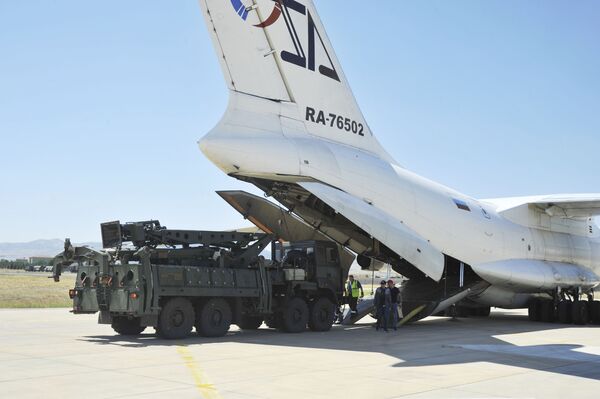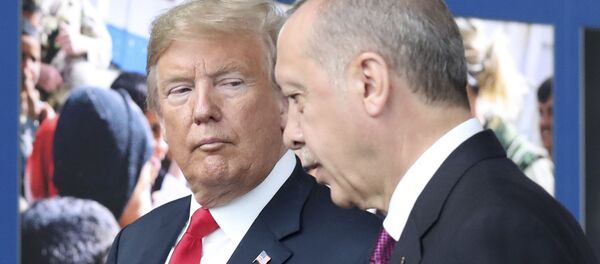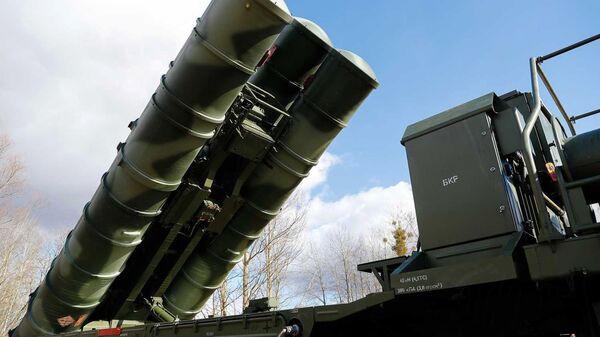A senior US State Department official made Washington's position clear on India's possible acquisition of Russian S-400 air defence systems during a special briefing by confirming that New Delhi has not been granted any guarantees that it won't be punished with sanctions for making such a purchase. He clarified that India's "particular military status", designated by the US Congress, doesn't serve as an automatic "protection from any sort of sanctions".
"It’s been reported in different places, mostly outside of the US, that there was an understanding that there’s a blanket waiver. There is not. Congress certainly never designed that or anticipated that, nor did the administration", the official said.
The State Department official continued by saying that there is no such thing as a blanket application of sanctions when a country buys weaponry from a nation that has been designated as an "adversary" under CAATSA, meaning that India won't automatically fall under sanctions if it buys S-400, although such a possibility remains.
"There is a case-by-case analysis on where CAATSA sanctions could be applied. CAATSA sanctions also can range in depth as to how deep-cutting and to the who, the entities and the people. And those options are always there", the official elaborated.
He added that the final decision will depend on whether their purchase poses a threat to US "platforms or technologies". He went on to say that Indian politicians are well aware of how CAATSA sanctions work and of the risks that their country faces by buying S-400s from Russia, bringing up Turkey as "a perfect example".
Turkey's "Example"
India is not the first country that Washington has been trying to dissuade from buying Russian weapons. Previously, the US unsuccessfully tried to force Turkey to abandon its December 2017 deal with Russia on S-400 air defence systems by suspending the deliveries of F-35 jets and repeatedly threatening the country with sanctions.

Ankara has refused to ditch its newly acquired weapons, arguing that they are crucial for national security and that it did not have any other option but to acquire them, as the US had refused to sell Patriots to Turkey when the country needed them. Currently, national security teams from the two countries are trying to find a solution to the bilateral dispute, but Ankara has already ruled out the option of getting rid of the S-400s.

Washington justified its pressure, specifically the suspension of F-35 shipments, by claiming that the Russian system could expose the fifth-generation jet's weaknesses to Moscow – something that both Turkey and Russia have ruled out.



